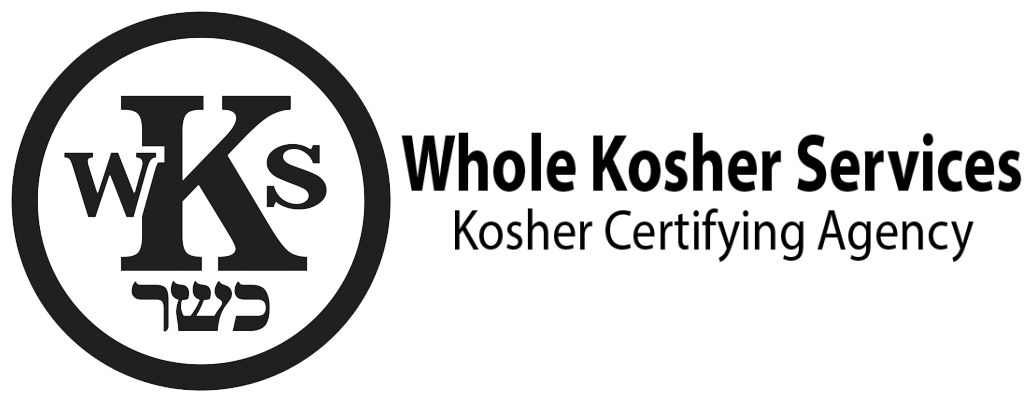The U.S. Kosher Food Market
Below are some basic facts about the kosher industry that you can be a part of and increase your sales.
In 2008, the value of the U.S. kosher market was US$12.5 billion. This figure only includes sales of products that were purchased specifically because they were kosher, and not sales of products that were incidentally kosher.
Kosher foods have sustained a growth rate of 15% annually, and are the fastest growing ethnic cuisine over the past five years. In total, more than 13% of Americans have reported specifically purchasing kosher-certified foods. Over 16,000 companies sell products that are certified kosher in America, producing up to 110,000 kosher-certified products with 2,500 new products added each year. Many major manufacturers and national brands are kosher-certified, offering kosher products under popular house-hold brands such as Nestle, Coca-Cola, Oreo, Kraft, Lay’s potato chips, Crisco, Lipton, and Heinz Ketchup.
As the kosher market grows and becomes increasingly popular, a greater number of retail outlets have directed their attention towards buying kosher foods. In the U.S., traditional supermarkets remain the number one location for consumers to buy kosher. This includes National chains such as Albertsons, ShopRite, Publix, Kroger, and A&P which (depending on location) have specific sections that are devoted to kosher certified foods; making it easier for kosher-seeking consumers to shop.
Club stores such as Costco and Sam’s club have also been adding to their selection of kosher foods. Moreover, independent stores and restaurants that cater to ethnic and kosher consumers are significant purchasers, providing opportunity for Canadian exporters who wish to enter the market. In addition to this, institutions such as schools, hospitals, and prisons have been receiving a greater demand for kosher food and should not be underestimated.
These developments have helped the proliferation of kosher foods in key markets, focusing on different consumer bases who seek kosher products for both religious and non-religious reasons.

Recent Comments